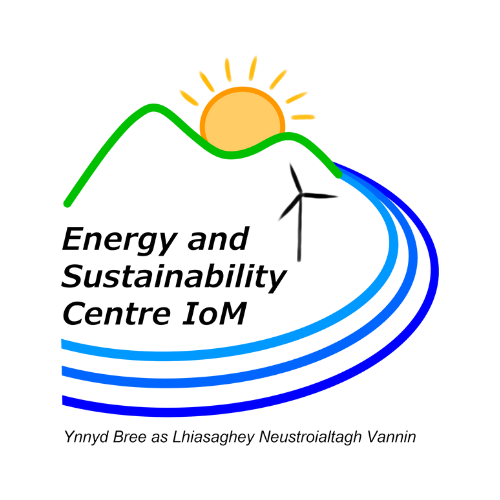Proposed MSc/Diploma in Sustainable Energy
Introduction
The world has started the transition from its traditional reliance on fossil fuels to the use of sustainable energy sources for power and transport.
At the moment, it is not clear how the future will be shaped but it is becoming increasingly important to plan how the transition is achieved. With such a wide variety of low-carbon options, it will be important to combine the strengths of different technologies to provide the best economic and environmental solutions, specific to each region.
This work will involve a greater amount of integration and collaboration across sectors and between nations than has traditionally occurred. In addition, there is the challenge of how to finance the energy transition whilst ensuring that people are not disadvantaged while the world changes.
Skilled professionals are needed to plan and implement the diverse elements involved in the generation, storage and utilization of low-carbon power. This need is addressed here with a proposal to establish a taught postgraduate course in Sustainable Energy on the Isle of Man. The course will cover the broad spectrum of subjects which fall under the Energy Transition heading but emphasis will be on equipping participants with the practical knowledge and applied skills for employment within the renewable sector.
The course forms part of an ambitious plan to develop an Energy and Sustainability Centre on the Island.
Proposed MSc/Diploma course format
It is envisaged that the 12-month postgraduate course will comprise a selection of the following classes, each run over two weeks (5 days taught, 5 days team projects) across three terms (autumn, winter and spring):
Energy transition framework
Basic physics, energy density and human utilization of energy
Environmental background and political hurdles
Climate change, greenhouse gas emissions and global calculators
Ecosystems and biodiversity
Economics, energy return on energy invested, levelized costs & carbon prices
Energy types
Wind
Solar
Hydroelectric
Biomass and waste
Geothermal
Waves and tidal
Fossil fuels
Nuclear fission
Storage and utilization
Hydrogen
Battery technology
Pumped water & other energy storage technologies
Power generation
Power distribution
Transport and new fuel technologies
Energy saving, recycling and fuel efficiencies
Sequestration and future technologies
Forests, peat and wetlands
Blue carbon and marine ecosystems
Sub-surface carbon storage
Synthetic fuels and alternative engines
Nuclear fusion
Climate geoengineering
Additional skills (as required)
English language (incl. 3-month intensive course prior to start)
IT (incl. Geographical Information Systems)
In addition, students will work together in teams to carry out 3-month projects over the summer term, specifically to build an economic, carbon-neutral energy model for a small country or island or, alternatively, via an internship with a company or authority involved in the energy transition. A downloadable summary report of project findings will be produced annually, serving as global advertisements for Manx innovation.
The award of a Postgraduate Diploma or MSc will depend on marks from a combination of reports and presentations from the 5-day team projects during the autumn, winter and spring terms plus an individual dissertation based on the summer project. Traditional exams will therefore be unnecessary. The unique format of classes - taught by international experts with project-based assessments - is likely to be an additional attraction to potential students.
Discounts may be available for people with low incomes. Some of the modules may be offered as standalone online courses.
